In endless pronouncements even in the past few days, from the hanging-from-a-thread Hawaii Tourism Authority (HTA) and its marketing partners, the word is out, and the messaging is clear on just how they see Maui visitors in 2024. We’re calling it “arrival requirements,” inasmuch as here’s what HTA requests of Maui-bound travelers. This is part of the HTA approved “immediate six-month action plan for 2024 to help address major challenges” associated with Maui.
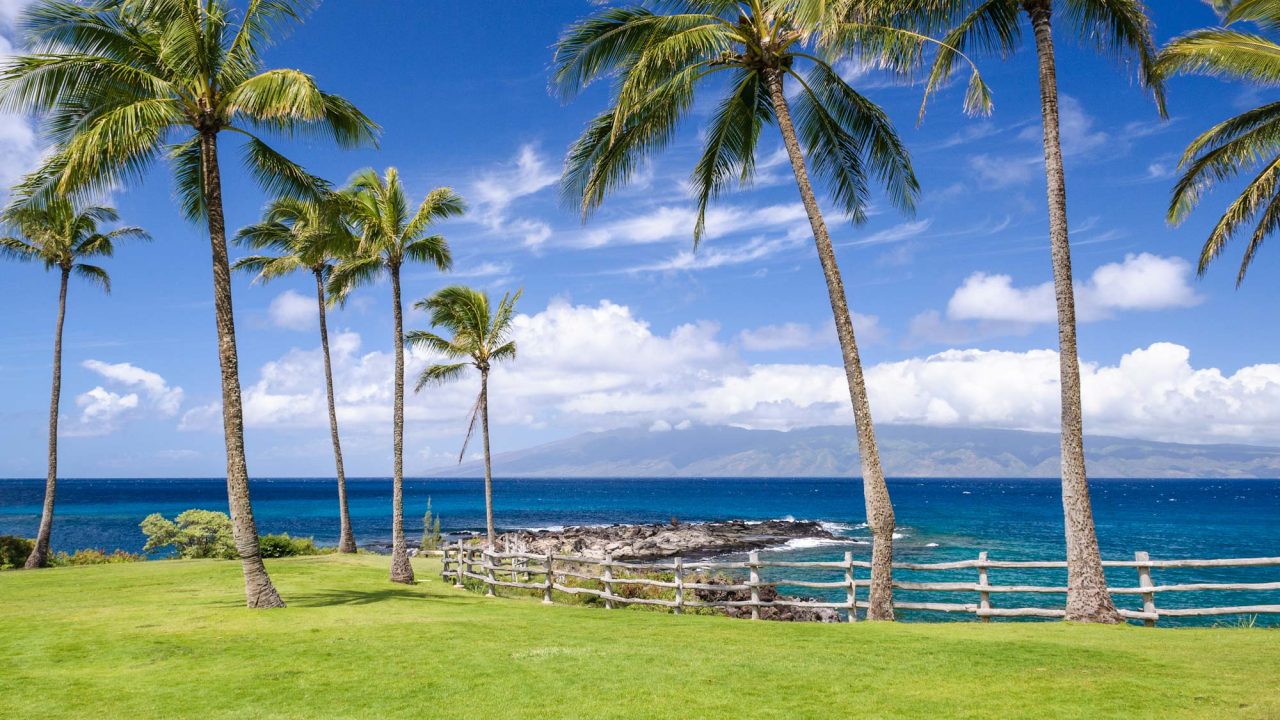

Maui walks a fine line between necessary tourism, long-suffering fire victims, overall housing shortages and irate anti-tourism advocates.
Using cloaked and potentially offensive terms, HTA says it only wants to attract “respectful” tourists to Maui. This comes as an element of their outreach campaign to both US and Canadian visitors. Canadian visitors typically make up just under 10% of Maui’s visitors and spend just under $1 billion annually. Meanwhile, massive US tourism has an annual estimated value of $16 billion.
Maui is welcoming visitors who are compassionate, who can come respectfully, who can really abide by some of the sensitivities and restrictions in place to protect the community at this time… So long as you do it mindfully. And so, for the time being, tourism’s role in helping Maui’s overall recovery is to ensure that the right kind of respectful visitor returns.”
Ilihia Gionson, Hawaii Tourism Authority public information officer
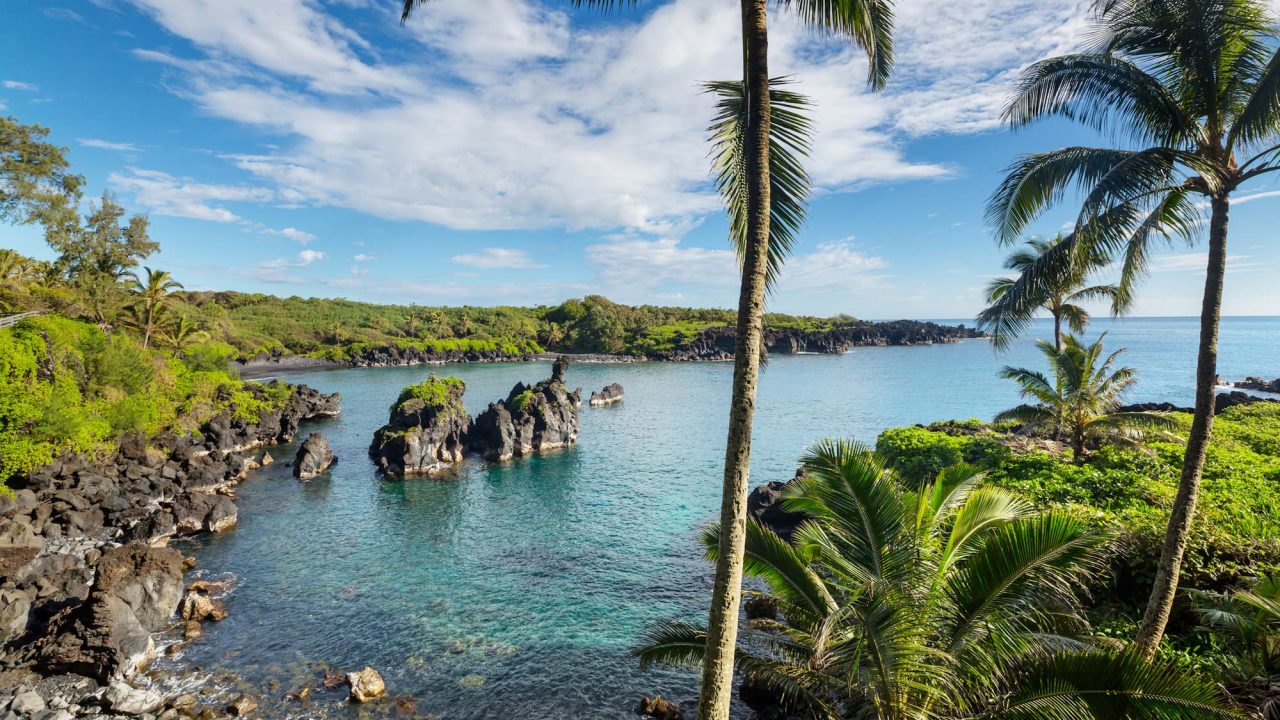

Hawaii Tourism Authority wants to “encourage pono, mindful travel” to Maui.
Laura, a Beat of Hawaii reader responded, “We’ve been traveling “pono” to Maui for over 25 years. What can I expect when we arrive for our annual 3 week stay on January 12? An interrogation before being allowed to leave the airport??
We find the messaging strange and potentially offensive as, for many people, coming to Maui is to vacation in paradise and simply a step away from everyday life. It involves a long flight, expensive accommodations, and airfare. The money they spend contributes to the Maui economy to keep it strong, help locals have employment and provide social welfare benefits to many in need. When visitors are asked to change or confirm their vacation habits because of “sensitivities and restrictions,” this could backfire and send tourists elsewhere.
While HTA still does want to promote tourism, putting seemingly meaningless restrictions in these terms on which visitors it wants could simply turn people away. Visitors might also get the idea, based on this kind of messaging once again, that Maui isn’t really ready for visitors at this time. And that there is simply more that needs to be done before people can have the kind of vacation that they are used to having on Maui.
Hawaii Tourism Authority and HVCB still on the verge of being dismantled.
As the state prepares for the 2024 legislative year, there’s no doubt that HTA and HVCB could be heading to the chopping block once again. After nearly being terminated last year, the state’s tourism arm finds itself without a dedicated budget, and some legislators prefer that the job be handled under the state’s DBEDT (Dept. of Business, Economic Development and Tourism).
After HTA’s prior CEO, John De Fries, left unexpectedly, when he announced he would not renew his contract earlier this year, the new chair, ex-Honolulu mayor Mufi Hannemann, hopes to be able to convince legislators to keep the long-embattled agency.
HTA holds hope that Maui’s problems could become its salvation.
Mufi recently said regarding the Maui situation, “I think we have an opportunity to use this crisis to demonstrate that there is a need for an HTA. This economic recovery plan that we came out with for Maui is a great example of how we went out there and listened. Even the group of protesters, we addressed one of their major concerns, which was a post-arrival educational program.”
Look for more news about Hawaii tourism, which will be in the news again in early January following a year of uncertainty about the Hawaii Tourism Authority’s future. And, as is always the case, the endless and often abrupt changes in both HTA and HVCB leadership positions are ongoing, and the HVCB long-term and highly paid President is also departing this week with an unknown replacement being sought.
Maui fire exacerbated pre-existing Maui tourism conflict.
For years before the fire, Maui tourism has been a mixed bag. While it is the sole economic driver both on Maui and in Hawaii statewide, tourism isn’t widely accepted by all residents. That’s been even more true with the post-Covid feverish pitch. Problems include primarily lower-paying jobs, the negative impact of tourism on the housing market, bad traffic, crowded beaches, and more. Maui has been challenged for years by the ever-increasing number of flights and visitors that the iconic island attracts. It is similar to other intensely in-demand visitor destinations globally, which have been overrun with visitors.
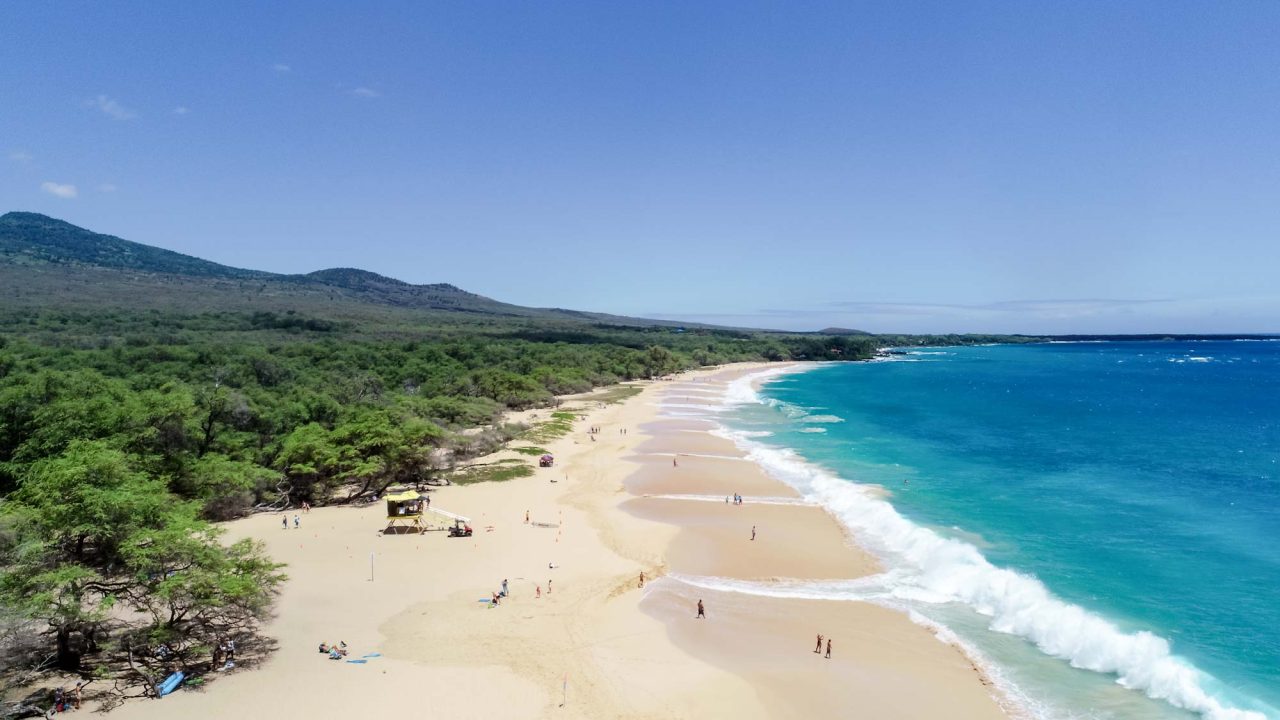

Maui’s tourism concerns were previously raised but never addressed.
Efforts have been made previously to limit visitors to around 33% of the island’s population, but tourism, other than post-fire, generally exceeds 45%. Additionally, there have been demands for halting the construction of new hotels.
At the same time, even Maui County council members are afraid of further damaging tourism. One said that visitors “are our #1 economic driver. They create jobs. So they’re very important to us. But people are saying we want to have a balance.”
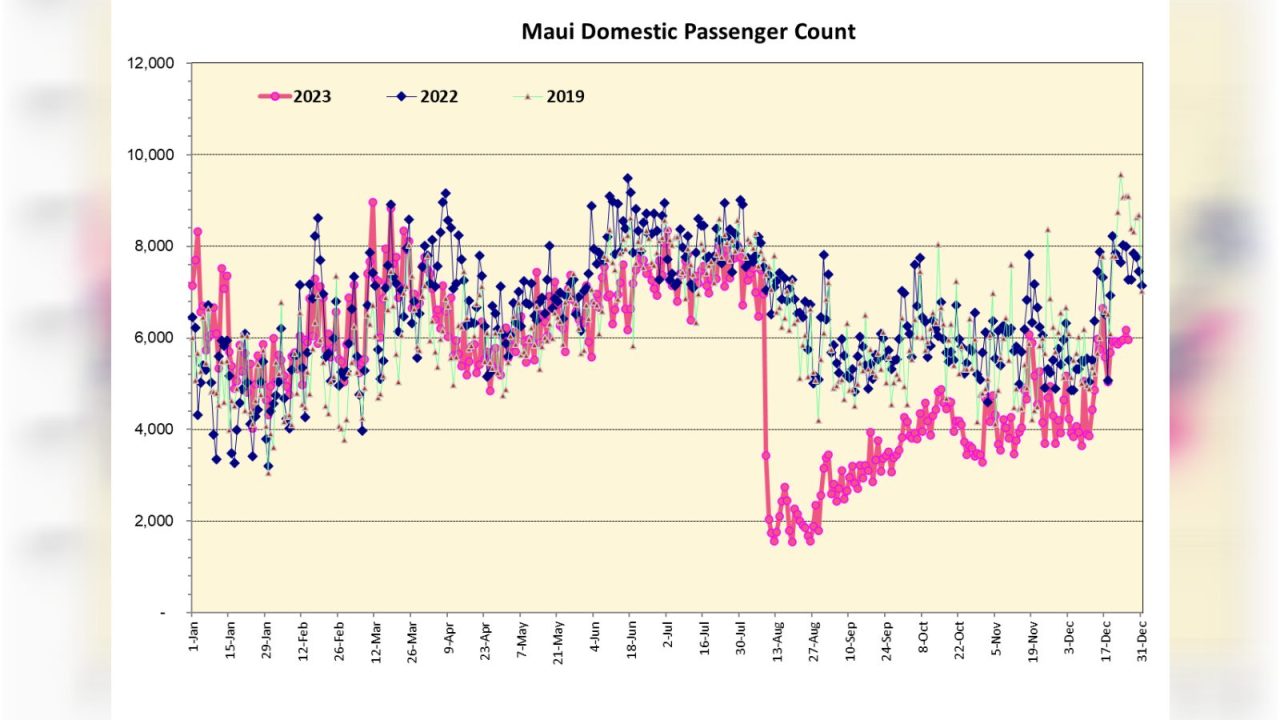

Maui visitor arrivals are finally trending up.
At long last, the trend of fewer visitors on Maui is changing. As can be seen in the Hawaii DBEDT image above, they are much improved in the past month. After the Lahaina fire, the visitor count dropped to less than half of normal, before very slowly creeping back. It looks as if the return of visitors on Maui is finally in sight, although it will still take time for Maui tourism to be fully recovered.
Are you returning to Maui in 2024, and do you have any concerns?
Get Breaking Hawaii Travel News
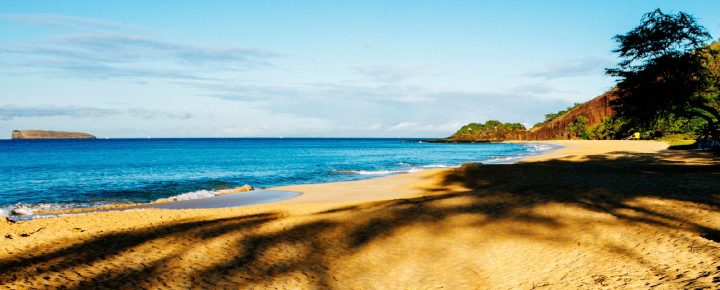
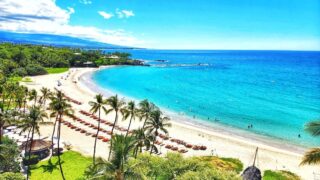
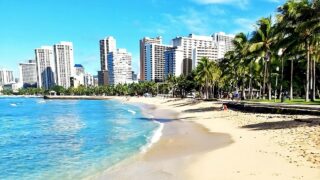
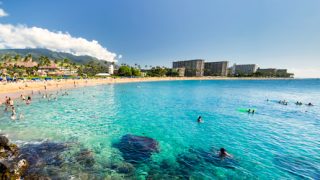
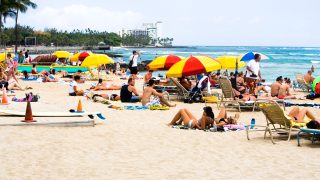
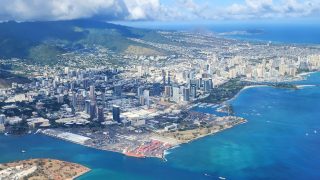

My light husband and I have been to why many times but usually on the big island. I find that they are nicer and don’t make you feel like they only want your money and get out. I am sorry that Maui feels that way. I will make sure that I never bother them nor waste my money on that island!
Maybe if the survivors from the fire received serious relief from the government – out of all the millions I keep reading about going to Maui – those born and raised there (like my friend whose family goes back generations, and who lost everything and many family members) – there could be meaningful dialogue. She finally got a place to live a couple of weeks ago. No furniture, a bathroom that flooded, and rats! She’s not alone in her trauma, grief and frustration.
I’ve been going to Maui for 20 years. The people deserve way better than this, nearly one year post catastrophe.
Born and raised on O’ahu but live on the mainland now. Would love to come to Maui in Nov for the Maui Classic BB tourney, but the Aloha spirit is waning, if not gone. Pilau attitude will keep tourists and former kama’ainas away. Don’t sabotage yourselves like this.
The haterd is being fueled by the one party rule in HI while the governor Flys to New York to collect the campaign cash in the Hampton s
So sad to see your opinion. I never left the rural part of the Big Island. Here life is slower, you don’t hear the constant drone of traffic or the hum of electrical lines. Such peace fosters a patient, loving attitude where most of my friends are local. My observation is that it’s primarily malihini that come and three months later gone. Perhaps that’s what you meant by the Aloha spirit waning, as expressed by your other rather political friend’s comment. Maui’s devastation is a different story. Many Maui friends have been relatively homeless and without neighbors for a year. Such stress undoubtedly has an affect on attitude.
Used to go too the islands 2 or three times a year and at least once for an 30 day stay. But now with the silly things you has come with how I can spend my money, spend my time I now have a gulf home in Alabama where they welcome me and my money.
If I wanted to be lectured, I’d go back to school.
So, does this mean tourists have to bring back to the mainland a car abandoned by a local in the bushes? Or an old fridge? I think it’s time to rediscover the Big Island.
Very true. It feels that Maui doesn’t want tourist. I have been visiting for 30 years. Now at 50 years old, I don’t feel like I am wanted. So I didn’t plan a trip. Yes the condo prices have gone up. Cheaper to go to Bora Bora
We are here on Maui to educate politicians and the head of water about options for electricity, water and housing construction they are not aware of. I grew up on Oahu and have worked in over 30 countries. Now living in Idaho.
Hard working middle class tourists are not the problem. The filthy rich tourists who Hawaii desires will flaunt Hawaiian laws, and criminals protected by liberals would be the same.
I love Hawaii. We typically dont go to Maui though. I will be going on a cruise that will be there for only 2 days. Such a shame. I prefer travel that is more immersive than the typical tourist. Perhaps thr islands can create 2 options, large resorts where guests pretty much that there and dont impact the community and favor immersive trips that focus on culture, the environment and a less harmful way of transportation than the rental car. I dont mean tour busues, but really good public transportation that delive people more evenly accoss the island. Also good information and guides at the key locations to steer people to good behavior. Punative and or threatening signage will likely not work.
Some of the comments here that smack of entitlement are exactly why folks are asking for “respectful” guests right now. We own a condo that we live in part-time and vacation rent part-time. Prior to COVID, the majority of our guests were lovely & considerate. During peak COVID and post reopening folks were downright rude and treated Maui like it was Disneyland-Hawai’i. That attitude has made it difficult for many to continue to practice aloha towards guests. Deal-seekers post-fire have really been some of the lowest scum. Maui is a special place and should be treated as such.
Hi, I lived in Maui in the 70’s and even back then could see the surge of growth and now it is so sad to see.
What types of bad behavior do you encounter?
I’ve never encountered any bad behavior from the locals (well, I was offered weed at Jaws) or the tourists. I think this is a make-believe problem propagated by local politicians to justify their existence.
We’re coming “home” in early 2025. After reading the comment made by a woman fearing she’ll be interrogated upon arrival I wonder the same. We understand the problems Maui is facing. We also respect Maui and we visit to enjoy it’s beauty and love.
First and foremost, I pray for the families, the land, the sea and the soul of Maui and mostly Lahina. God bless you all.
As first time visitors to Maui, my wife and I chose to go there for our anniversary. We wanted to give back and bring love. We met some amazing people, and felt nothing but welcome.
We stayed at a local vacation rental owned locally. We shopped locally at Times/ABC/the local Fish Market and such. We were treated with nothing but love and respect. We could feel the devastating effects of the loss, and we talked and prayed with locals. I believe that you get what you give, and we gave love. Maui and everyone on the island gave love back to us. We are thankful and will return.
We just returned from Maui on January 26th, as we had a condo behind Walgreen’s in Lahaina that was destroyed. We had a nice time, but some stores and restaurants on the Lahaina side had modified hours and menus. We found all people we interacted with to be very friendly and accommodating. We won’t be back for at least a year or so until we see more progress happening on that side of the island. While we did visit Kihei and Wailea, we prefer the Ka’anapali side of the island. Maui will always have a special place in our hearts and it is the reason we bought our retirement home.
If the native Hawaiians don’t want us they are doing a great job. We try to be polite, and respectful and too often get ignored in stores or disgusting stares from natives. Also the absolute non caring attitude towards the beach and potentially of property north of Kannapaly is a turn off. To know th,ere are possible solutions but that a few withtoobig a voice can stop the fixing is just wrong. When there is no tourism and people leave because of high taxes, good luck.
We would like to visit Maui for the first time and we would stay away from the burn area and we would be respectful, but from what I’m reading not sure if the Maui residence are wanting tourist at this time. Please let us know what you recomend for my husband and I. Should we visit Maui at this time and if so where do you recommend? Thank you,Jill
I suggest stay clear of Maui for at least another year. Go to Kauai instead or even Big Isle which is like Maui’s much larger twin brother. 😁. Maui locals will just send you negative vibes which isn’t what you want on a vaca
My husband and I went to Maui last fall. Yes, it was very sad to see the devastation in Lahina, but the time we spent there was wonderful, as usual. We stayed in Ka’anapoli and did not encounter any problems. We were thanked for coming by the locals many times. If you want to go to Maui — go!
New York solution: New York City only allows short-term rentals if hosts register with the city and are physically present during the rental.
The State of Hawaii needs to establish similar laws. The Hawaiian government is too greedy. They support development over its people and continue to destroy Hawaiian culture and natural resources.
I have a trip planned there in the middle of Feb. We spent the money and time planning it pre COVID and have had to postpone twice. We will be going this time but I anticipate going elsewhere next time. I’m so tired of hearing how people really are just being tolerated and “allowed” to return. For the prices we are paying we deserve better. It is horribly over priced and getting worse.
You can blame the price gouging on the unethical practices of the Tourism industry here. Hotel corporations, tour companies, landlords, politicians n bureaucrats (gov green and his merry greedy mayors), public n private transpo companies, and airlines are all complicit to the Hawaii land pimping and price gouging.
I was there in October and just booked for October this year too. I don’t anticipate any major issues but if this fee is implemented and it is per person and not per family it could possibly impact plans when we bring family as we can have 4-10 with us. $$$$
I have been coming to Maui since 1982. Fell in love immediately. Had little tourism and little development. Such peace. Have come every year since 1982 at least once or twice a year. Bought a small vacation home. But over the course of years may builders have bought up the land the local hawaiians sold off, that allowed the personal & commerical development of the island. So sad. Loved the island the way it was back then. I could drive from Kihei to Lahaina & see only a few cars on the road (that I could count on 1 hand). The ocean side of the island had very little development. My heart breaks for the island and the loss. I still love Maui, but I have such sadness at what it has developed into.
We are planning on coming back to Maui in March. Have everything paid for at great expense! When do we know if our vacation rental will actually be available for us?? Gov Green is not really forthcoming with his info!! This is causing massive stress and headaches!!
Post-arrival educational program. That alone, is making me write off Hawaii as a vacation destination!
We are former residents of Maui and will be re-visiting friends soon for several weeks. The state’s tourism orgs to me have always been highly questionable in their marketing effectiveness relative to bloated budgets. As a former marketing exec, I believe a considerable reduction in the annual marketing /adveising budgets would have zero impact on tourism. Tourists do not need to be persuaded to visit Hawaii only simply reminded about the Hawaii and Maui visitor experience.
Troubling to think tourism dollars’ could be used in a negative way as described in this article.
Such a backward way of thinking about how to revive the Maui tourism economy.
We will spend our money somewhere better….we don’t need to be told anymore about how we aren’t wanted there and how Americans stole their land from them.
You will be welcomed with open arms…elsewhere. This is the kind of tourism we don’t want or need. Bye, Chris.
Our family has been to all of the major islands in Hawaii and Maui has been our favorite. We visited with all of our children and grandchildren in March before the fires and had a wonderful time. We chose to go to Kauai in November due to the ongoing uncertainty. I have encouraged several of my coworkers to spend their winter vacations in Hawaii and those have gone well for them. The ongoing uncertain/ a bit hostile messaging regarding Maui has pushed them to other locations in Hawaii. I hope we can get everyone on common ground and in a good place economically and socially. My family will be back.